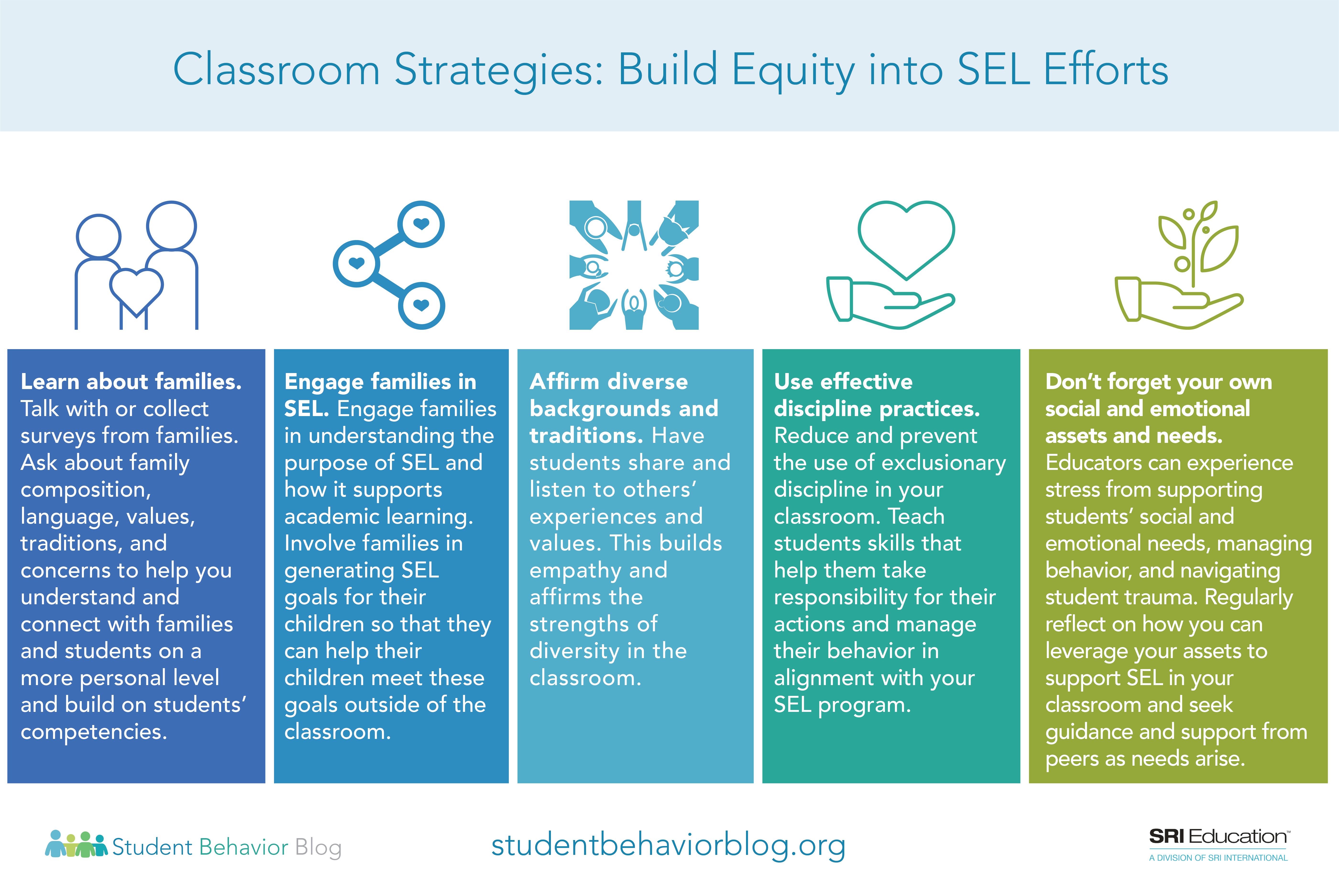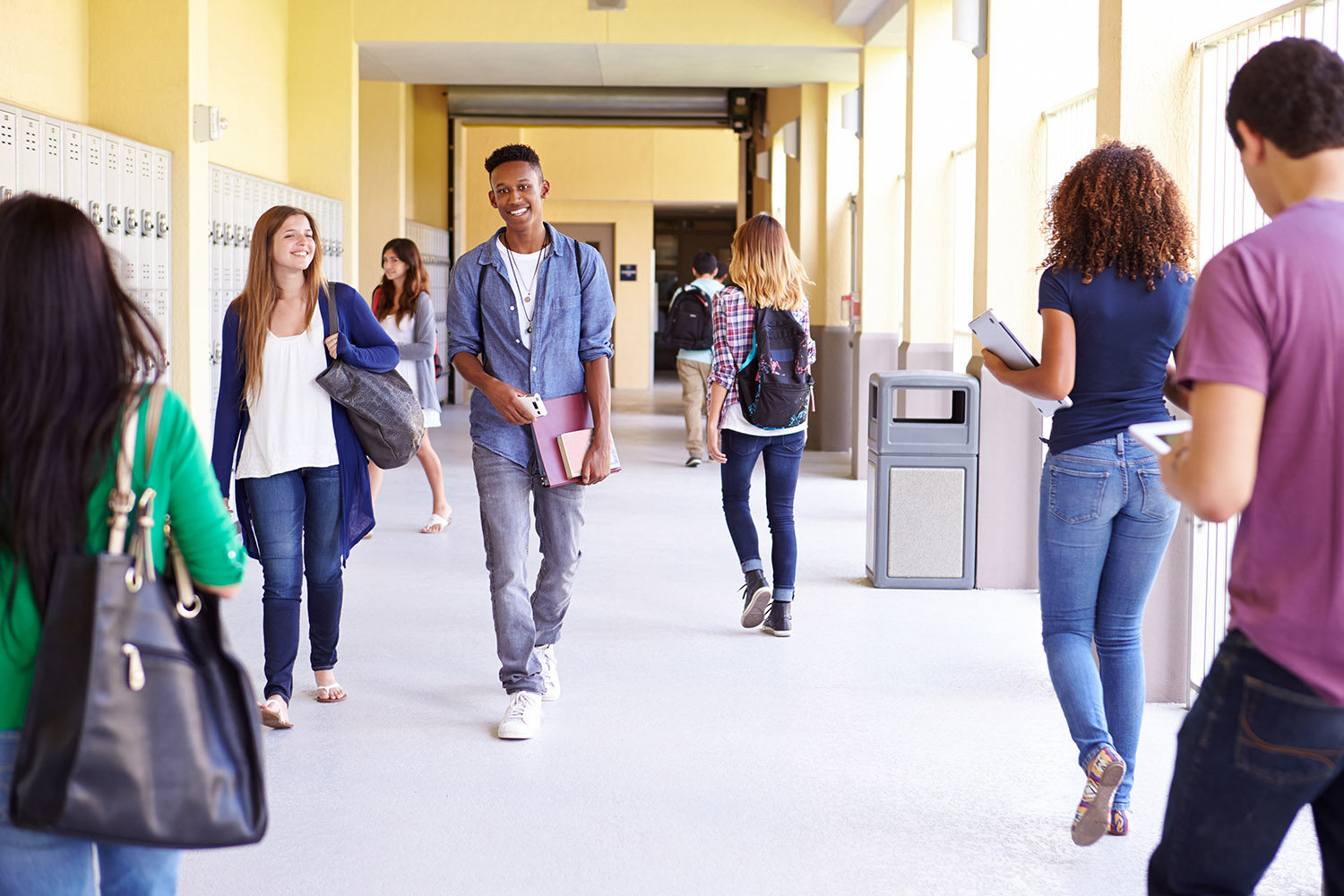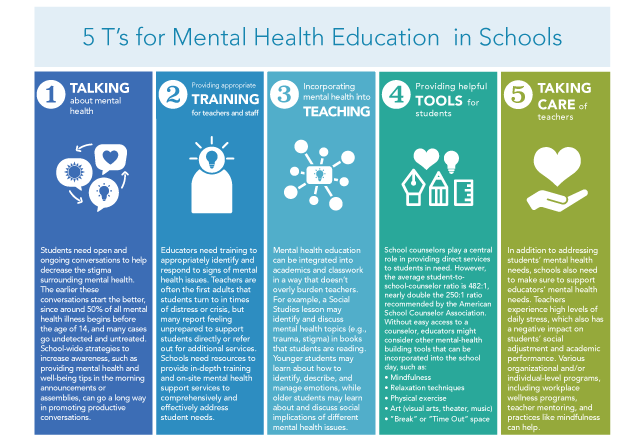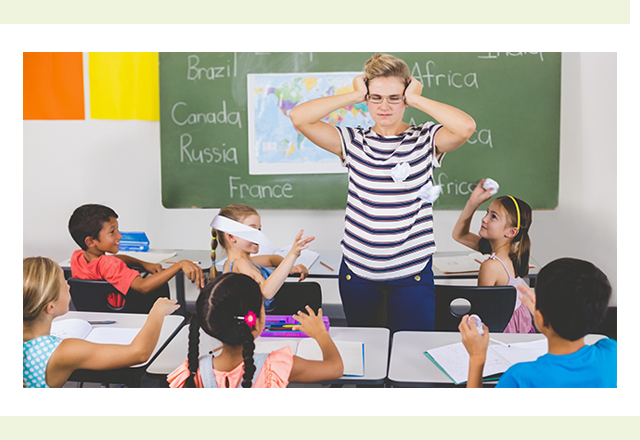Social-emotional learning (SEL) programs are more likely to be successful with all students when they are grounded in strategies that promote equity. Equity means ‘leveling the playing field’ and creating a culture where all students feel fully included, respected, represented, and valued. Here are a few strategies that start in the classroom. Content excerpted from … Continue reading Strategies for bringing an equity lens to SEL
Acts of violence at school place pressure on educators and school leaders to better ensure the safety of their students. A comprehensive approach addresses school climate, student mental health programs, strategies to prevent violence, and physical security mechanisms. Our research has identified several promising practices to help keep students emotionally and physically safe at school.
We’ve identified 5 “T” strategies for states, districts, and schools to consider as their educators join the movement to promote and support student mental health: talking, training, teaching, tools, and taking care. Content excerpted from our blog post, How can we incorporate mental health education into schools? Consider the 5 T’s.
Mental health is a critical part of students’ overall health and well-being. Students today face a range of demands that can impact their mental health. From meeting high academic expectations to navigating the world of social media to maintaining relationships with their peers, students often have busy schedules that result in a lack of sleep … Continue reading How can we incorporate mental health education into schools? Consider the 5 T’s.
We were presenting to a group of teachers about our project examining the effects of a group-based intervention for middle schoolers experiencing traumatic stress. I was describing the effects of trauma on students’ academic performance when a teacher stood up and loudly exclaimed, “But what about OUR trauma? Who is helping US?”
To successfully navigate their school and home lives, students need more than just academic skills. Learning social-emotional skills can benefit all students. Social problem-solving is one social-emotional skill that can help all students in a classroom learn to better manage their emotions and behaviors, cooperate and communicate with peers, and make safer, more responsible decisions.






